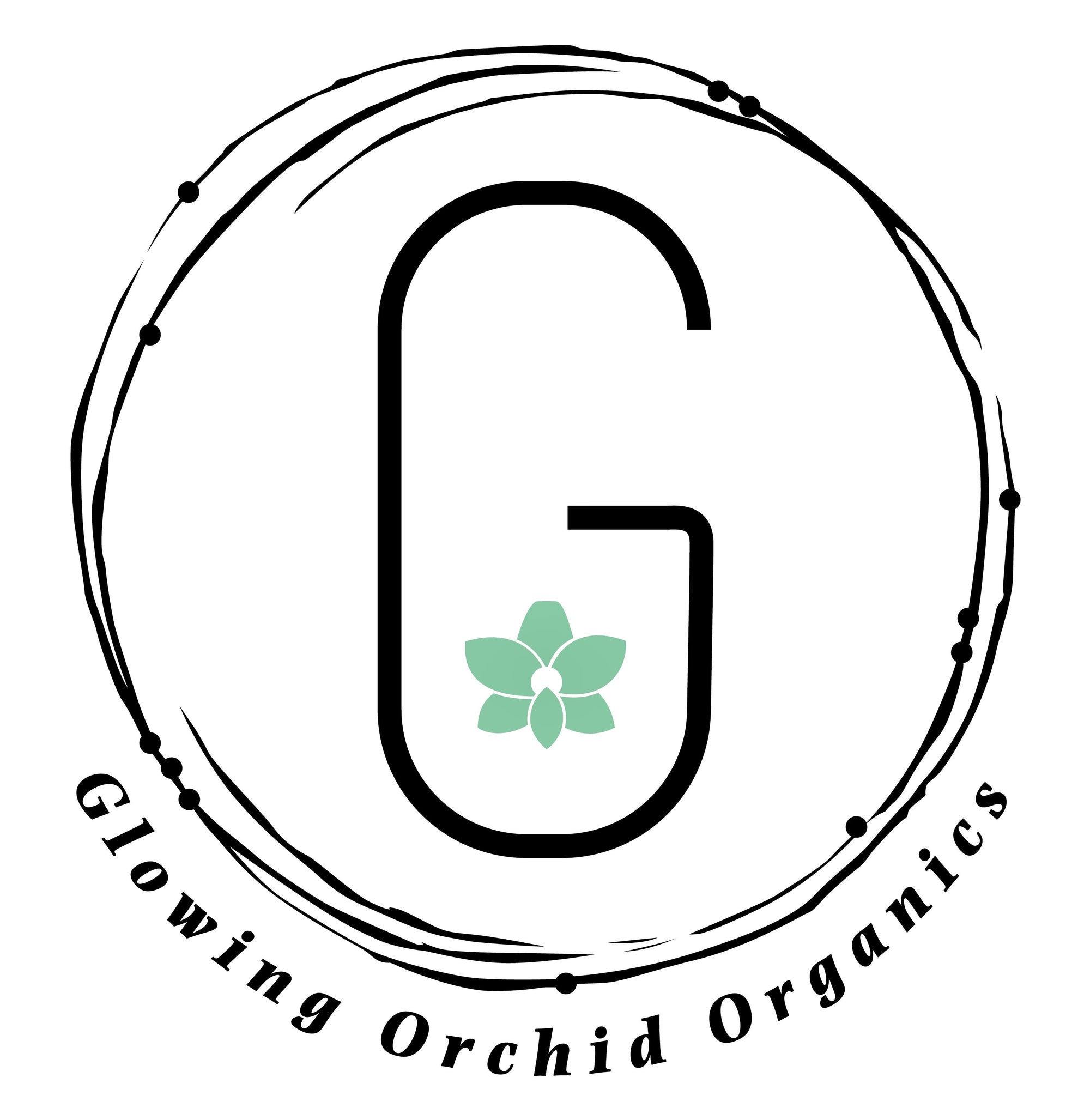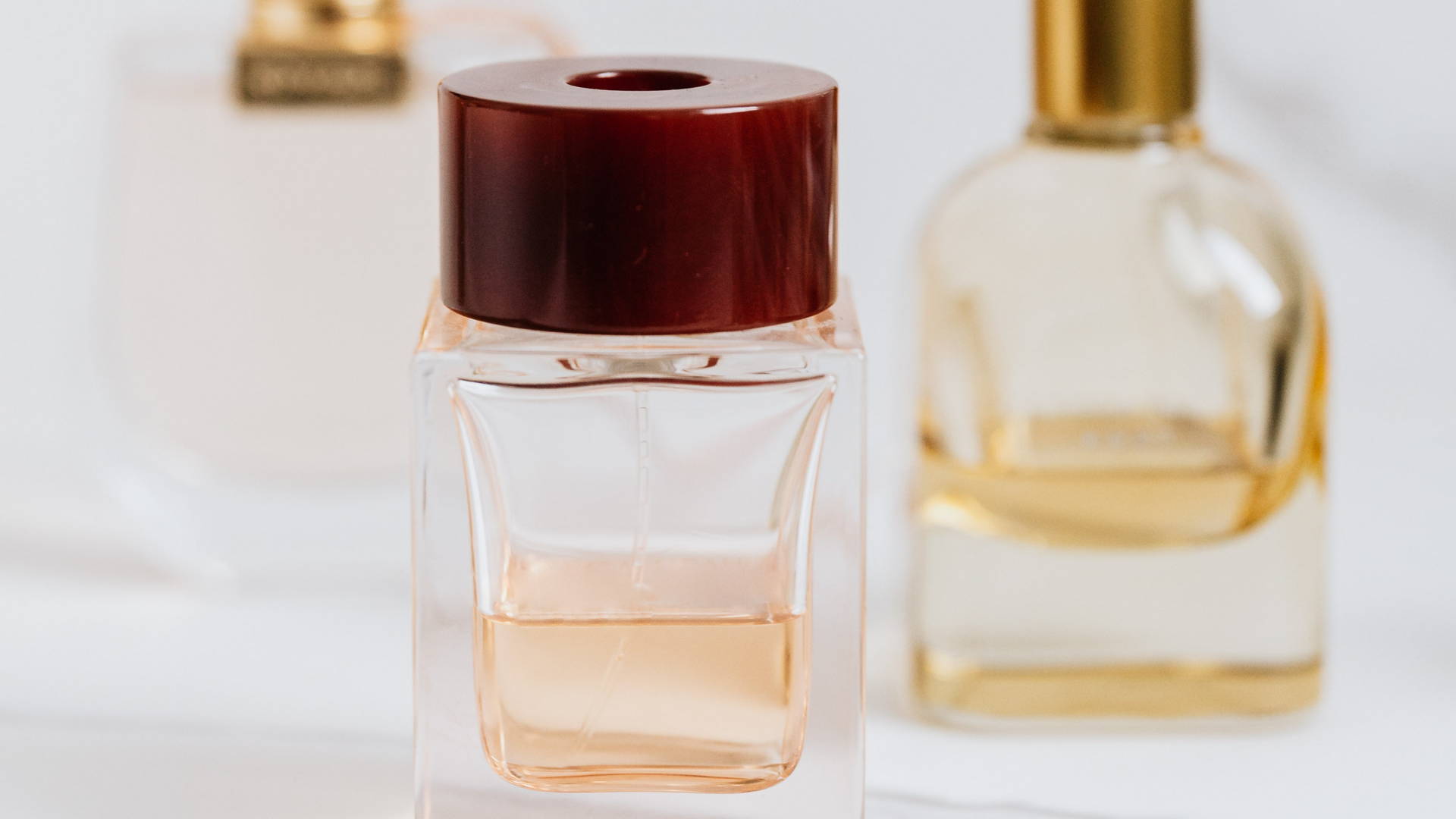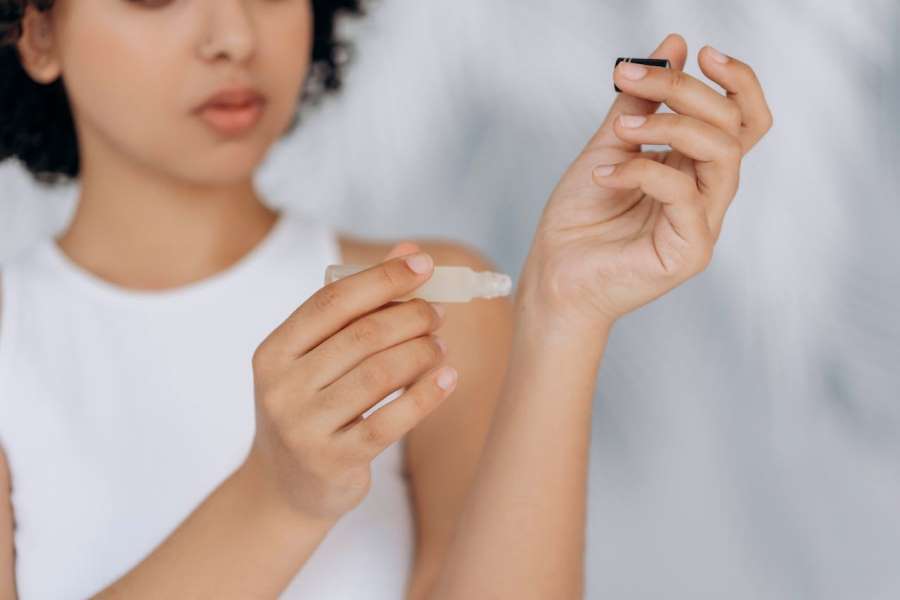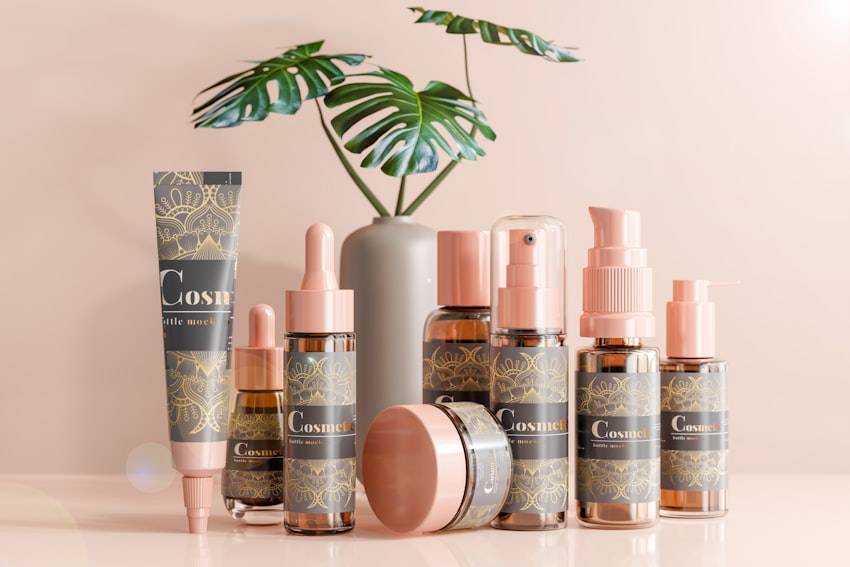Are Artificial Fragrances Safe?
To put it as plain as day—no. Artificial fragrances aren't safe because manufacturers use toxins and dangerous chemicals without openly disclosing what they added to the product. The next time you see "fragrance" listed as an ingredient, know that this synthetic scent is a mixture of many different unidentified ingredients which include carcinogens, allergens, and hormone disruptors.
Unfortunately, the law protects the companies from listing the ingredients they infused in the product to get that signature scent. They can use anything and everything without testing the effects of it or the long-term consequences on the human body.
What is our part in this story? The lack of information we had in the past prevented us from making smart choices and avoiding harmful products. That is luckily changing as more people are becoming aware of what artificial fragrances are, and support companies that scent naturally instead.
I was shocked when I first heard of the dangers of artificial fragrances and what they consist of. The skin is our largest organ and what we put on it can make a huge impact on our well-being. If you want to limit the number of harmful toxins, chemicals, and pesticides you ingest, an essential step you should take is to reconsider your attachment to synthetic scents.






